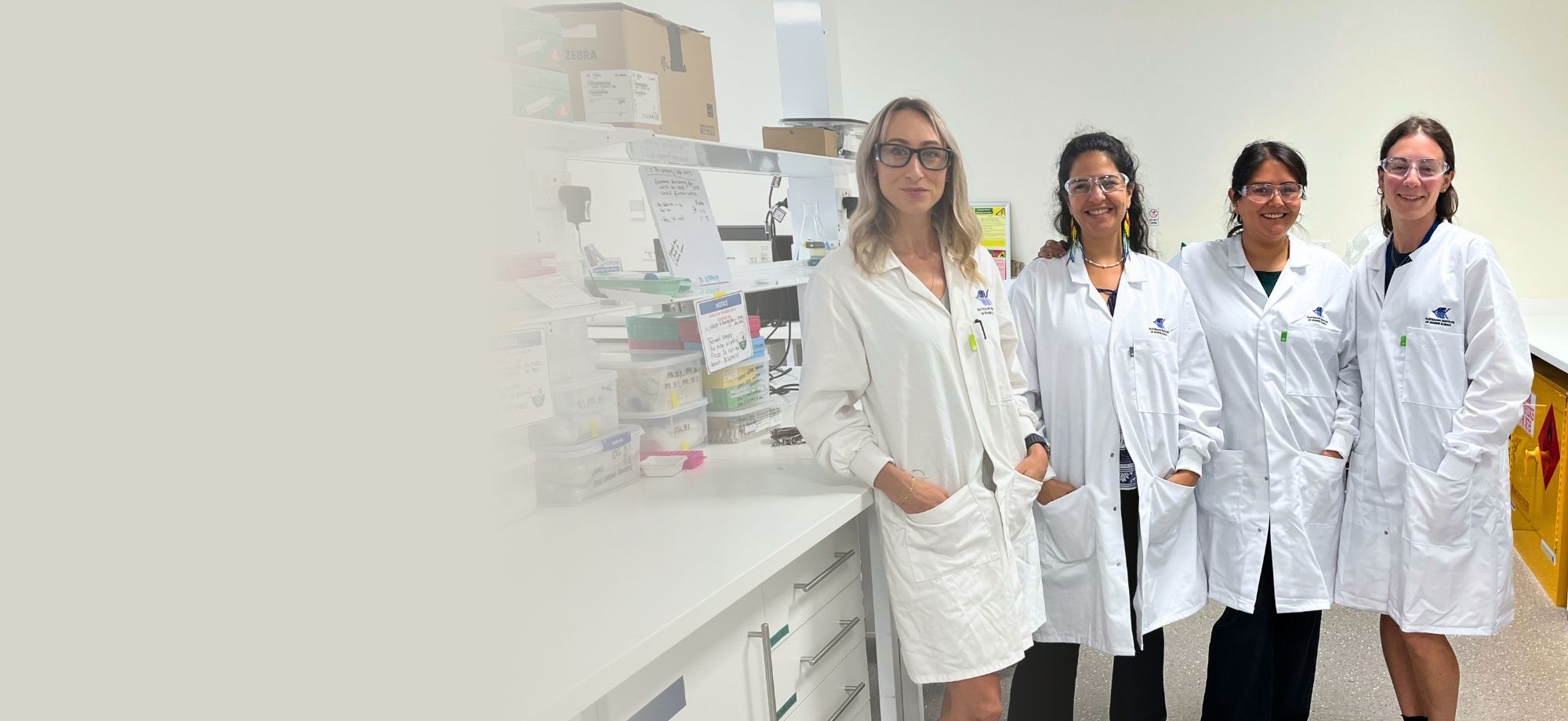Griffith University researchers are working to improve education and prevention around concussion without deterring young people’s passion and participation in sport.
Concussion-related injury accounts for the majority reported in collision sports such as rugby union.

Dr Felix Leung, a clinical and research physiotherapist at the School of Health Sciences and Social Work, has worked with rugby teams at all playing levels, focusing his research into pre and post-concussion assessments.
“The management of concussion, from school to professional grades, is still a big issue,” Dr Leung said.
“If we can intervene early, help people recognise or identify an injury, it could ensure their ongoing participation within the sport and even extend playing careers.”.
With the support of a 65-thousand-dollar equipment grant from Griffith’s Health Group, the researchers are conducting a series of sensorimotor tests among school-aged players to determine affective risk reduction.
The current year-long study follows adolescents engaging in collision sports to examine individual susceptibility, risk factors and ways to improve the management of these young athletes following concussion.
“In our original surveillance study, we found concussions were the most reported injury during a rugby season in schools participating in The Associated Independent Colleges (AIC) competition,” said Dr Leung.
“We also discovered during the adolescent period, from 14 to 16 years, where kids appear a little more uncoordinated or motor-awkward, there was a spike in injuries and concussion.
“So what we’re now asking is during that adolescent growth spurt, do some neurological functions regress, and is that the reason for increase in injuries for that age group?”

Dr Leung’s research is informed by both clinical and instrumented testing including eye tracking devices, neck strength and position testing, and paper-based cognitive memory tests.
“By using a variety of tests looking at the eyes, vestibular system, neck function, balance and cognition, we can examine what systems are affected after a concussion and compare these to baseline preseason records that show who is more at risk and why that might be,” Dr Leung said.
Concussion is a multi-system injury requiring a collaborative response from various specialists.
“It’s important to have people from different teams, whether it’s neuropsychologists, doctors, physios or occupational therapists to support the individual because there’s an overlap in the systems that can manifest after a concussion”, said APA Titled Neurological Physiotherapist Emma Warner.
Critical discussion around sports-related concussion is not limited to professional spheres, offsetting concern amongst parents and community clubs who often lack the resources and understanding to properly address the issue.
Fellow researcher Dr Daniel Brown said: “In professional sport, there is someone watching out for signs of concussion, wobbliness and disorientation for example, and they’re taken off the field”.
“For others from schools to grassroots community and lower semi-professional, to be afforded the same quality care we need to help them identify the injury, to know when and where to seek treatment.”
Griffith’s team of physiotherapist researchers advocate for the safe management of concussion whilst still encouraging both young and old to stay in sports for reasons not limited to health, enjoyment, socialisation and identity.
Cases of life-altering concussion injury has dominated recent media discourse, but Dr Leung and his team are determined to contribute a more positive narrative, working to support players in a safe return to the game and widen knowledge around identification and response to concussion.
“Going forward, we want players to know they’re in good hands to continue to participate in the sports they love knowing we’re constantly improving processes to ensure no one is being put at unnecessary risk,” he said.
Dr Leung has recently returned from the Consensus Conference on Concussion in Sport that was held in Amsterdam.
The consensus statement and sports concussion assessment tool (SCAT) which provide guidelines for managing sports-related concussions is due for release soon.








